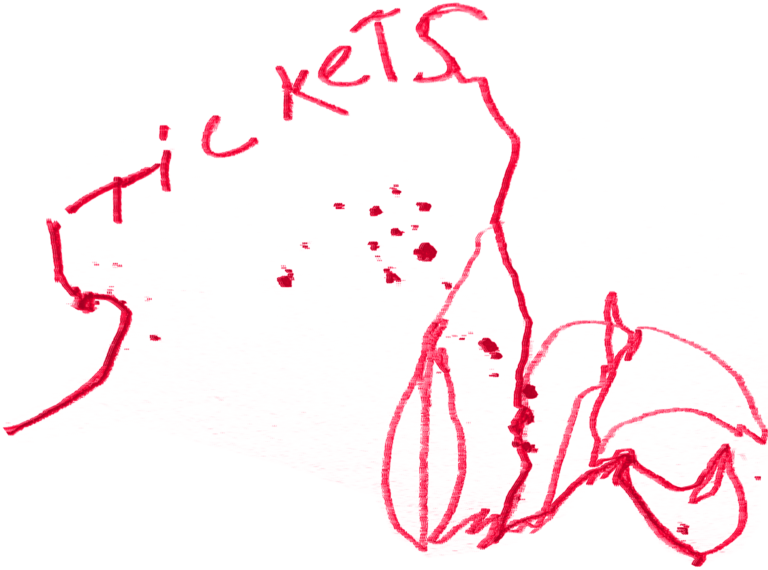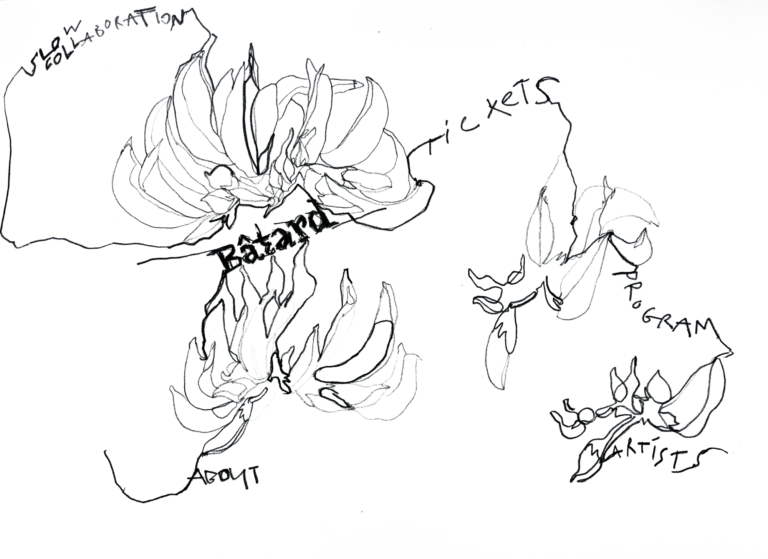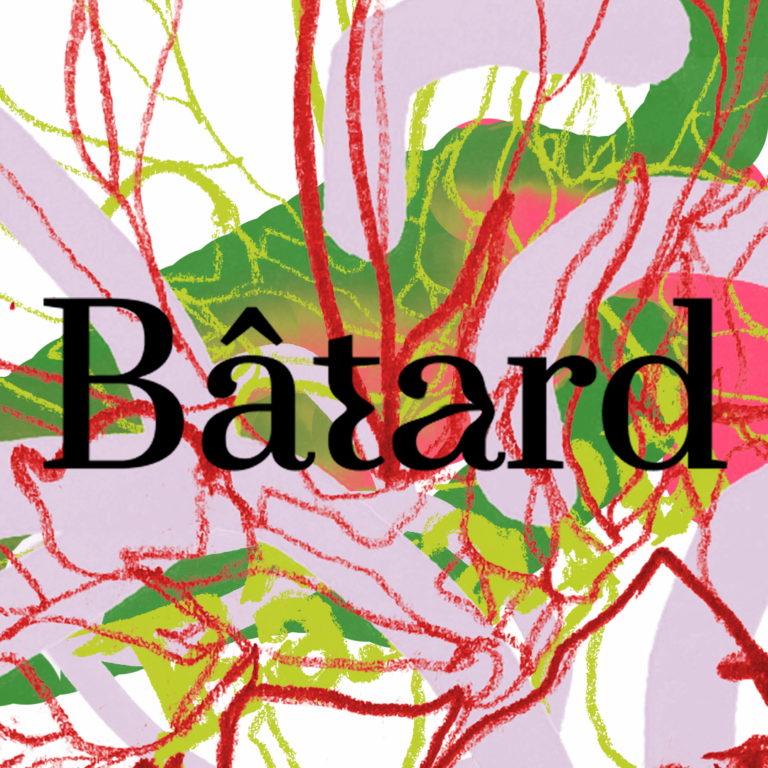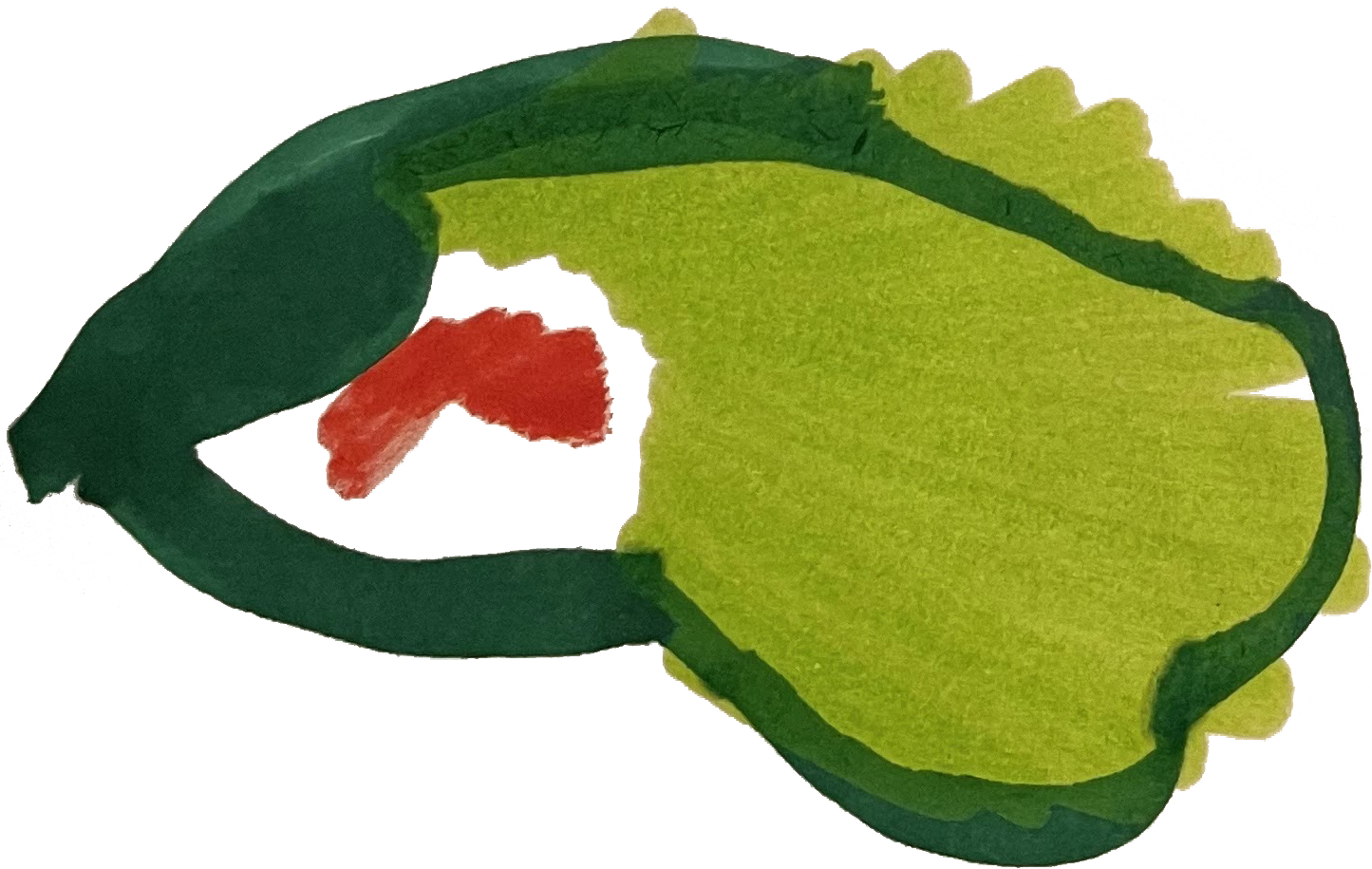


ONE PASS
= ACCESS TO THE ENTIRE PROGRAM (with reservation only)
= PAY WHAT YOU CAN/PAY WHAT YOU WANT
*When buying your pass your seat(s) are not pre-reserved.Make sure to reserve your seat(s) using the personal code that will be sent to you by mail after buying your pass!*The ticket for the closing party is sold separately. Presales or at the door. |
This edition, we once again work with a pay what you want/pay what you can system. Our financial realities are different. Therefore, we offer several passes with different prices. Every pass gives you access to all of the program’s activities. After buying your pass, you will receive a personal code via email. Be aware that your seats are not pre-reserved when buying a pass. So make sure to reserve your seat(s) using your personal code (full = full). With each pass you can reserve a seat for the number of pieces you want to attend (all of them or less, as you wish). When choosing your pass, you can take into account the following guidelines:
As a general scale, if a ticket for one piece would cost €10, the price for accessing the entire program would be 50€.
The price could relate to the number of activities you plan to attend.
Question your level of social privilege, your current economic situation and the value and priority that culture has in your life. Choosing a higher price contributes to a fairer ticketing system which allows people with less financial comfort to have access to the festival for a lower price.
Choosing a higher price is a way to support Bâtard as a platform.
Bâtard received a project subsidy from the Flemish Government and the Flemish Community Commission to set up the festival. The subsidies don’t cover the entire cost of the festival. We therefore rely on our ticket income.
BROKE AF | €5 |
BROKE-ISH | €15 |
SPRING IS COMING | €25 |
MOULA OK | €40 |
LIFE IS SWEET | €65 |
SUGAR MUMMY | €100 |
DANSAERT DUCHESS | €200 |
MAKE IT RAIN | €500 |
PRESALE PARTY TICKET | €2/€5/€10/€15/€25/€50 |



